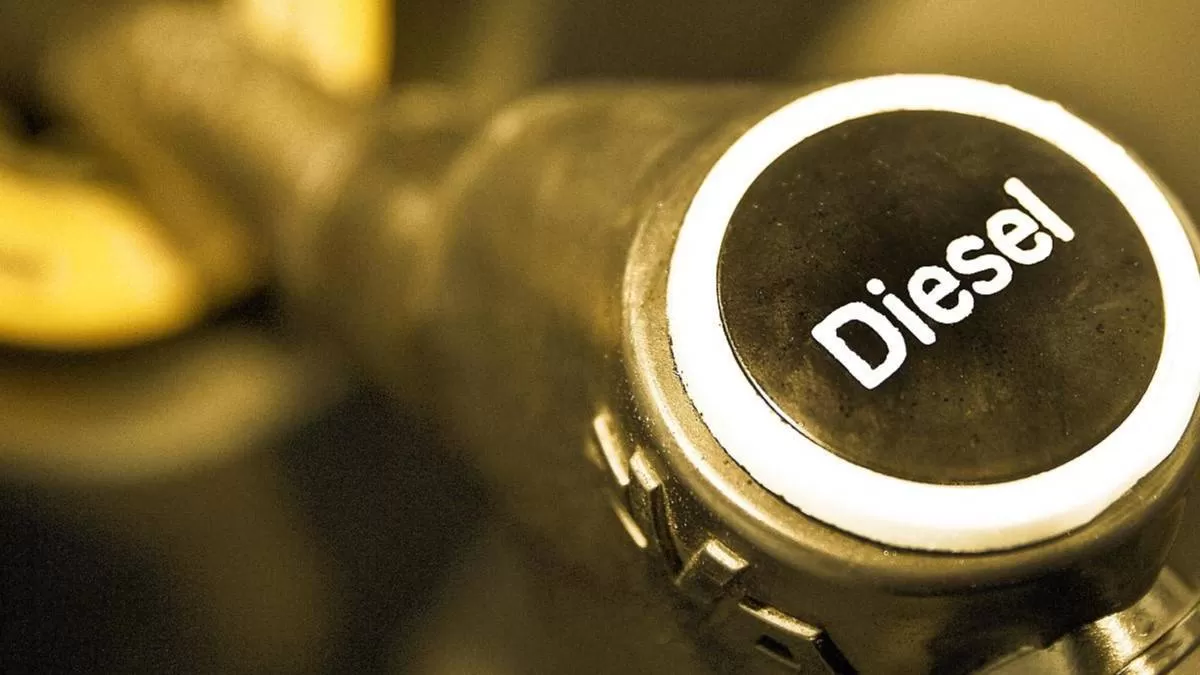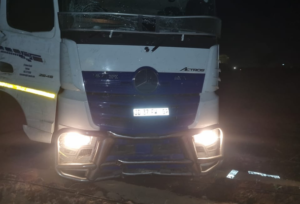
South African motorists will be worried to learn that an investigation by the Department for Mineral Resources and Energy (DMRE) has uncovered a shocking revelation: 70 fuel distribution sites are dispensing diesel mixed with paraffin.
Limpopo tops the list with the most fuel distribution sites selling fake diesel with “compromised quality.”
The altered diesel is believed to be mixed with illuminated paraffin, posing serious threats to vehicle engines and potential long-term mechanical issues.
This unscrupulous practice by wholesalers and filling stations seeking to gain an edge amidst soaring fuel prices comes at a time when motorists are already grappling with financial strain due to the continuous surge in fuel costs.
The DMRE conducts regular and random testing on fuel samples from service stations across all provinces. Ernest Mulibana, spokesperson for the DMRE, highlighted that the information collected between April and December last year uncovered 70 stations selling diesel with compromised quality.
Fake Diesel Stations Across Provinces
The governmental probe identified fake diesel filling stations in all nine provinces:
- Limpopo – 15;
- North West – 13;
- Kwazulu-Natal – 13;
- Mpumalanga – 9;
- Northern Cape – 6
- Gauteng – 5;
- Western Cape – 4;
- Free State – 4; and
- Eastern Cape – 1;
Minister’s Warning from 2022
Reflecting on the concerning rise in altered diesel sales, Mineral Resources and Energy Minister Gwede Mantashe warned in 2022 that those found mixing diesel with paraffin and selling it to unsuspecting customers would face immediate closure and prosecution.
In response to the alarming findings, the Fuel Retailers Association (FRA) and the Automobile Association (AA) have urged the DMRE to take punitive measures against the implicated filling stations.
In addressing non-compliance, News24 asked the DMRE if any criminal cases had been registered against the culprits. The DMRE indicated that it follows a prescribed process, including reporting non-compliant service stations to the South African Revenue Service (SARS), as diesel fuel adulteration is seen as a form of tax evasion.
Reggie Sibiya, CEO of the FRA, emphasized the need to curb illegal wholesalers, noting that they are the root cause of the problem, selling substandard products directly to motorists in violation of the law.





